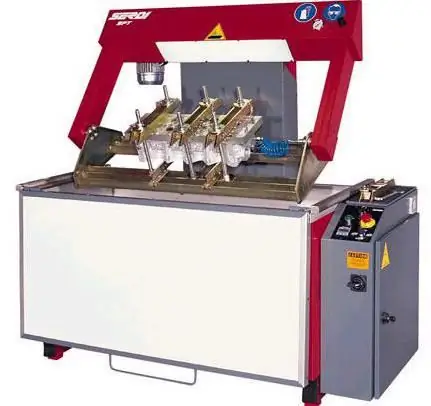2026 Author: Howard Calhoun | calhoun@techconfronts.com. Last modified: 2025-01-24 13:10:26
The formation of cracks on the surfaces of parts of the power unit in the engine compartment is a common phenomenon and requires special attention. High thermal and physical loads in areas adjacent to the combustion chamber, including lead to damage to the cylinder head (cylinder head). And if timely measures are not taken to identify and eliminate defects, then there will be a risk of more serious consequences. Therefore, as in heating systems, the basic diagnostic operation in this case will be cylinder head pressure testing, which allows you to check the part for leaks.

When is the operation performed?
Crimping is required not only when there are signs of a malfunction of the unit. As part of a comprehensive diagnosis, this technology is used after repair work, replacement of individual elements and consumables of the engine structure, reinstallation, etc. As for specific symptoms, cylinder head pressure testing should be carried out in the following situations:
- There are violations in the operation of the block's internal channels.
- Uncharacteristic overheating of the power unit is observed.
- If pronounced knocks and vibrations are heard in the part of the cylinder compartment.
Timely pressure testing makes it possible to fix the presence of a defect and take other measures to restore the structure. Most often, serious damage with a violation of tightness occurs after welding, when the seams are not sufficiently processed and leak channels appear over time.

Common crimping technology
Approaches to the technical organization of the process may vary depending on the conditions of the event and the availability of appropriate equipment. However, the principle of diagnostics by pressure testing is common to all methods. Its essence is to create a completely sealed vacuum in the cylinder and immerse it in a working liquid medium. Under conditions of increasing pressure, cylinder head pressure testing allows you to detect the presence of through holes, cracks and other defects. Moreover, the technology for detecting faults does not require special equipment or measuring instruments. Final troubleshooting can be done visually. But otherwise, the organization of the process is not complete without special equipment.
Applied equipment

Earlier, separate functional components were used for such tasks, allowing you to organize a container for immersion and additional process controls. Today, automotive equipment manufacturers offer special stands for cylinder head pressure testing, the basic set of which provides a complete listthe necessary tools. A typical set is formed by the following units and devices:
- Heating elements.
- Lifting mechanism on frames with guides.
- Turntable control.
- Container with lid.
- Sensors to control pressure, temperature and start.
- Electrical cabinet.
- Control panel.
It is worth emphasizing the features of the materials used in the manufacture of the booth structure. In addition to the stainless steel base, high-strength plexiglass, vacuum rubber and composite elements are used, thanks to which not only effective, but also safe cylinder head crimping is realized. Professional equipment is designed for many hours of work cycles, and the target object of service can be not only cylinders with heads, but also entire blocks.
Preparing the unit for operation
First, you should perform a visual inspection of the part, which will allow you to identify suspicious areas and, possibly, more serious design violations even before crimping. It is recommended to fix in detail the dimensional parameters of the element with a ruler, further comparing the obtained data with the passport values. In case of deviations, basic machining may be required. For example, pressure testing and cylinder head grinding are often combined into one technological process. Surface treatment with abrasives heralds a leak test, since physical impact can reveal new areas of damage. The grinding operation is represented asprevention of detection of holes, which, after pressure testing, are eliminated by spot welding.

Crimping workflow
The capacity of the stand is filled with water, after which the operation of the heating elements is activated. On average, it takes 2-3 hours to achieve the optimal temperature regime of about 90 ° C, depending on the characteristics of the equipment and the volume of the tank. The diagnosed cylinder is closed with a vacuum shell, clamped with fixing devices and attached to the stand platform. It is worth emphasizing that all openings and outlet nodes are initially provided with plugs, which allows you to create a reliable vacuum. Further, the cylinder head crimping machine is connected to the product cavities by means of a fitting. Through this channel, compressed air pressure of 4-6 bar will be applied. At the final stage, it remains to immerse the structure in hot water, and then observe the release of air bubbles. The process of opening through cracks (if they are present) will definitely make itself felt under the influence of heat and against the background of metal expansion.
Do-it-yourself crimping using a bathtub

The implementation of the above method is possible in ideal industrial conditions, but not every private trader can afford to purchase the same stand for immersing the cylinder in water. An alternative option for organizing the procedure, adjusted for home conditions, can be the use of a bath, a plate for placing equipment and means for sealing the outlets of the product. In one ofchannels, a pressure fitting is inserted, and then the same pressure test of the cylinder head is performed. With your own hands, you will need to immerse the cylinder in a bath of hot water and leave it there for 30-40 minutes. The intensity of pressure can be adjusted using a manometer. It is connected on one side to the compressor, and on the other - to the fitting. By increasing and increasing the pressure parameters, it is possible to more effectively investigate individual sections of the structure, including identifying small cracks.
Do-it-yourself crimping without bath
This is the easiest way and requires minimal investment. It does not require a tank with additional controlling and guiding equipment. It is enough to perform external sealing of the cylinder and supply pressurized water to the cavity. The disadvantage of this method is the low accuracy of diagnostics, that is, small cracks may go unnoticed. How to make pressure testing of the cylinder head without the same bath and special equipment, but with a sufficient degree of efficiency? To do this, you can use kerosene as a filler. The outlet channels are also sealed, after which the capacity of the cylinder itself is filled with technical fluid. Due to its high penetrating power, kerosene will seep into the smallest holes, coming out.
Conclusion

Regularly checking the design of the cylinder block for cracks can be quite a hassle. Especially when it comes to the services of service centers, which will also require the cost of preliminary diagnostics of the power unit. Of course, homemadecylinder head pressure testing in this regard will be a more attractive option. The main thing is to properly organize the technological process, which will reveal both large holes and microcracks. But even after troubleshooting, maintenance work on the cylinder does not end. On the contrary, the critical part of repairing damage through welding remains.
Recommended:
Motor oil production: characteristics, technology and manufacturing process
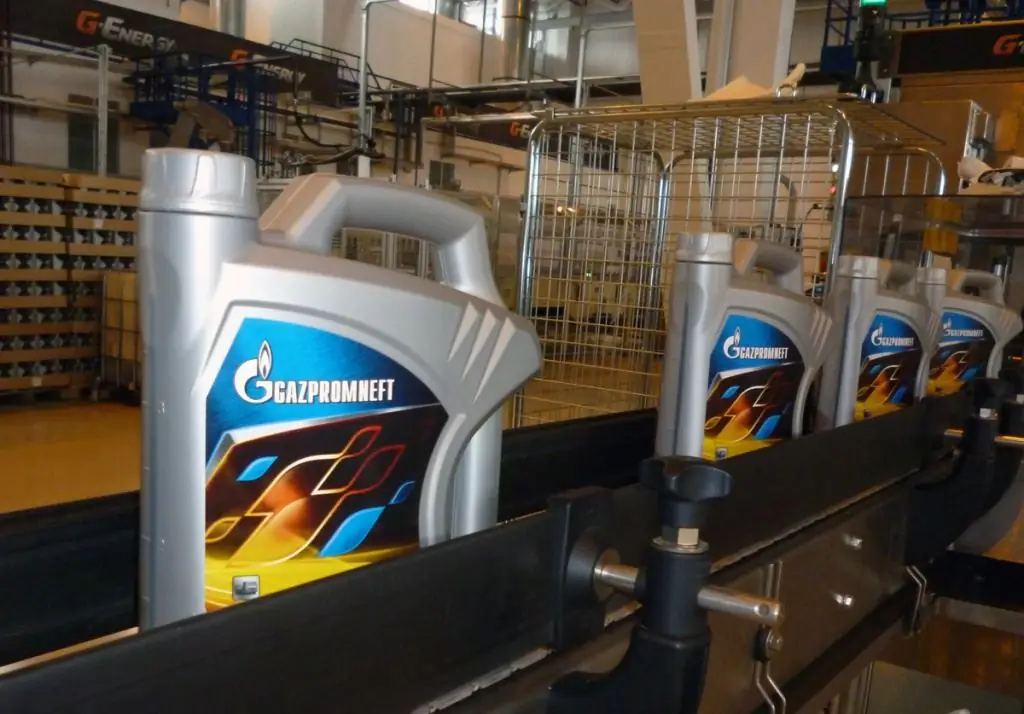
The production of motor oil, like any other, is not complete without raw materials - the substance from which the final product is obtained. Mineral oil is made from petroleum. But before it gets to the lubricants plant, it needs to go through a series of cleanings at oil refineries
Production of plywood: technology, main stages of the process and areas of application of the material
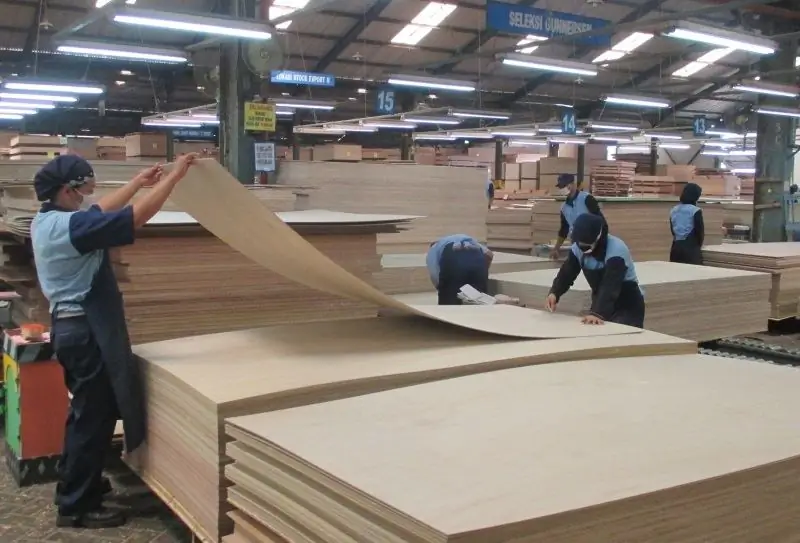
Plywood is one of the cheapest and most practical building materials. Despite the multi-layer structure, it is easy to install and can be processed at home without special equipment. Standard production of plywood involves the use of wood lamellas, with proper processing of which you can get a finishing material that is resistant to a variety of threats
Job description of the head of the VET. Head of VET: duties, instructions

The construction of any facility, especially a large one, is a complex process that requires organization and preparation at all stages. Project documentation, raw materials, labor and energy resources must be used in the right quantities at different periods in accordance with the construction schedule
Wood planing: types, equipment and process technology
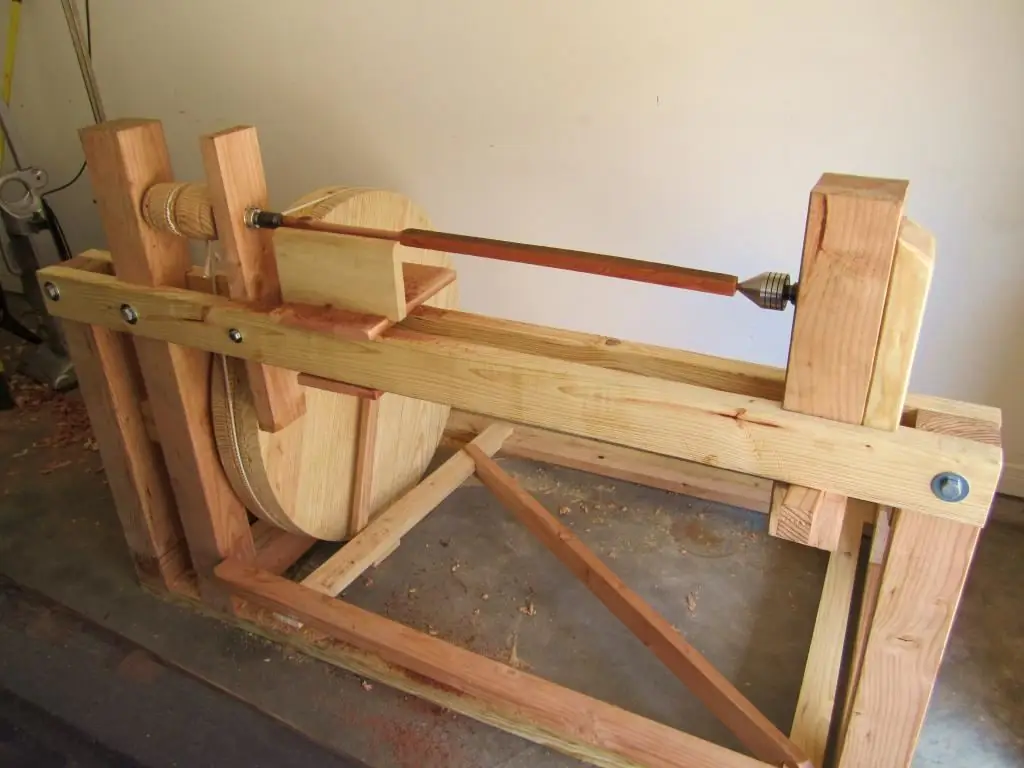
Wood planing is one of the types of processing of this material. This operation can be carried out both manually and on machines. It is important to understand that with the help of planing, any wood blank takes the desired shape and shape
Welding in a shielding gas environment: work technology, process description, execution technique, necessary materials and tools, step-by-step work instructions and expert advice
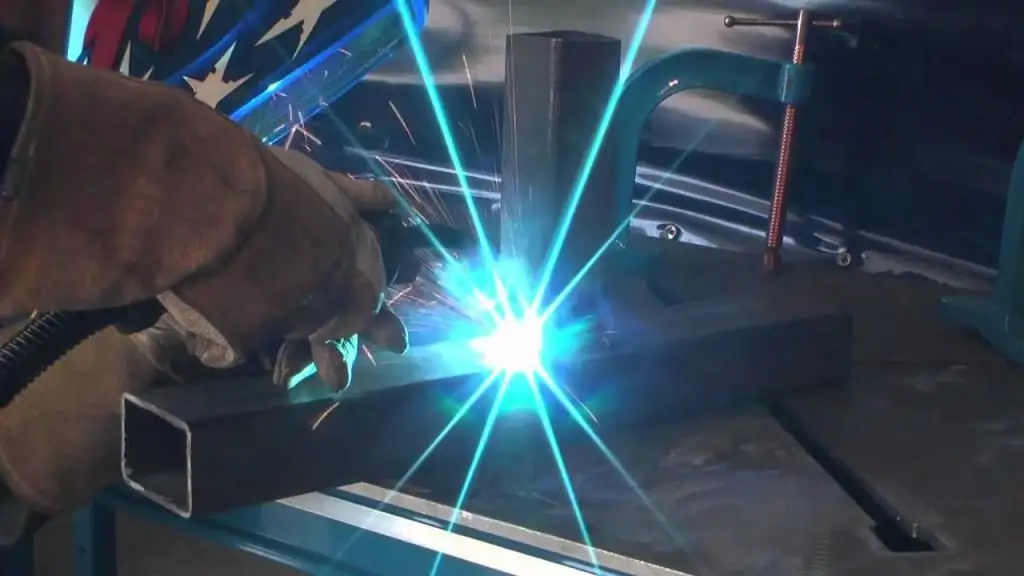
Welding technologies are used in various branches of human activity. Versatility has made welding in a protective gas environment an integral element of any production. This variety makes it easy to connect metals with a thickness of 1 mm to several centimeters in any position in space. Welding in a protective environment is gradually replacing traditional electrode welding

